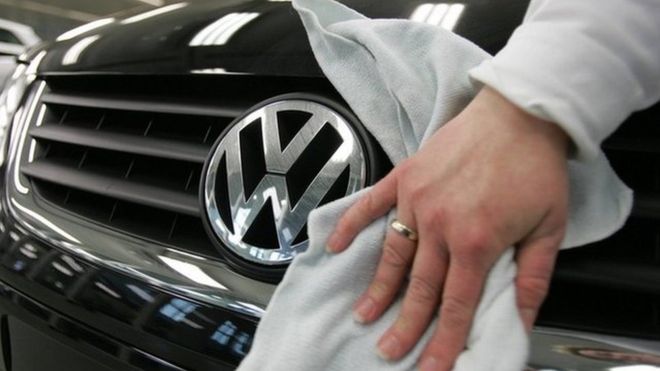August, 3, 2016

SEOUL, South Korea — South Korea on Tuesday stripped Volkswagen of its right to sell 80 models in the country, part of the global fallout from the carmaker’s emission deception.
While a relatively small market for the automaker, South Korea has been aggressive in its push to punish Volkswagen. In the face of widening public hostility to white-collar crime, prosecutors have indicted a company executive in connection with the scandal. Lawmakers have also significantly raised fines for cheating on emissions tests.
Pressure is mounting globally for Volkswagen, which admitted in September 2015 that it had used emissions-cheating software in 11 million diesel-powered cars worldwide. Less than two months ago, Volkswagen agreed to pay up to $14.7 billion to settle claims by the government and car owners in the United States. The company also faces criminal investigations and shareholder lawsuits around the world.
After the admission, South Korea moved quickly. Prosecutors raided Volkswagen offices in South Korea and questioned the company’s executives, seeking to find out whether laws on clean air and other issues had been violated.
In November, the authorities ordered Audi Volkswagen Korea, the local subsidiary, to recall 126,000 diesel-powered vehicles after revoking their certifications. The South Korean Ministry of Environment also fined the company 14.1 billion won, or $12.7 million, for cheating.
The ministry imposed the latest penalties, including a fine of 17.8 billion won, or about $16 million, because it said Volkswagen faked documents on emissions and noise-level tests. Last month, prosecutors told the Ministry of Environment that they had found extensive forgery in documents on emissions and noise-level tests that Volkswagen had used to win government certifications.
A South Korean executive of Volkswagen was indicted in July on charges of falsifying 140 such documents. Prosecutors have indicated that they would seek similar criminal charges against other executives.
Before the deception, vehicles made by Volkswagen and its Audi and Bentley brands had been among the top-selling foreign cars in South Korea, a market dominated by Hyundai, Kia and other domestically produced brands. The ban means Volkswagen must suspend most of its activity in the country.
The 126,000 cars under a recall order and the 83,000 cars that the South Korean government decertified on Tuesday accounted for 68 percent of all Volkswagen and Audi cars sold in South Korea since 2007, the Ministry of Environment said in a news release. The Volkswagen cars banned on Tuesday included 32 vehicle types with diesel and gasoline engines. Of those, 66 models — including the popular VW Golf and Tiguan and the Audi A3 and A6 — had already been taken off the market voluntarily by Volkswagen.
Volkswagen Korea apologized to its customers and dealers on Tuesday “for causing worries.” In a statement posted on its South Korean website, it called the South Korean government’s actions on Tuesday “regrettable” and said the company would cooperate to help resolve the matter soon.
- The New York Times
Video Story